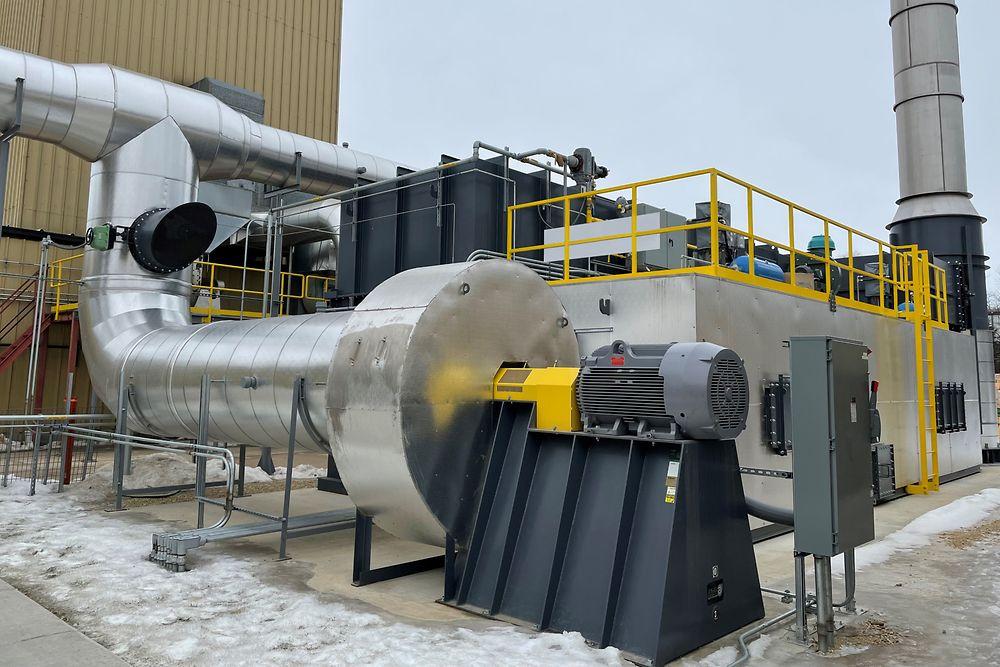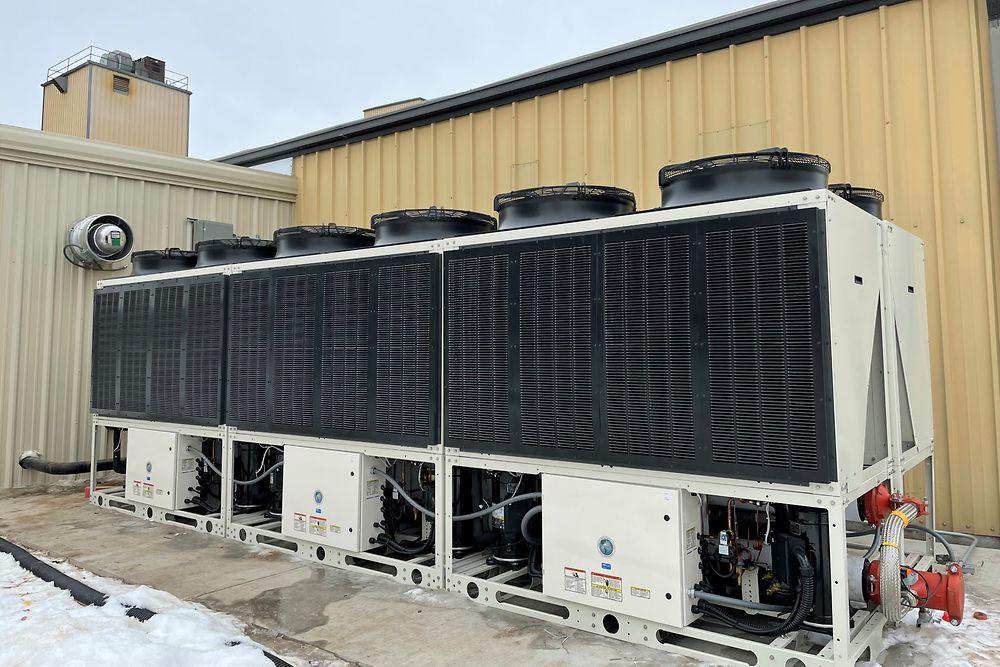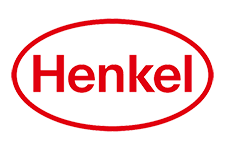Making it Happen: Sustainability in Adhesives Production
Henkel’s vision to become climate-positive in operations by 2030 begins with a strong focus on the company’s production sites.
Quality products and innovative solutions have made Henkel a major player in the global adhesives market. With more consumers and industrials focused on creating a more sustainable environment now and for future generations, a quality product is simply not enough. In today’s (literal and figurative) environment, a company cannot be a product leader without being a leader in sustainability.
Henkel’s commitment to maximizing value and minimizing environmental impact dates back to Fritz Henkel, who founded the company in 1876. Throughout its long history, Henkel developed innovative products and manufacturing processes that save resources and cut waste.
Accelerating Progress
Today, Henkel focuses its sustainability efforts—which include more than 30 years of reporting and progress—on three key areas: circular economy, climate positivity and social progress. Henkel’s vision to become a climate-positive in our operations by 2030 begins with a strong focus on the company’s production sites.
“Our production facilities play a key role in our efforts to become climate positive,” says Christof Becker, VP Adhesives Operations and Supply Chain, Americas. “Sustainability is not an either/or proposition. We are committed to reducing our environmental footprint while creating more value for our customers, consumers, our company, and the communities where we operate.”
Sustainability cannot be separated from product quality. That means weaving environmental considerations into the fabric of daily operations.
“To remain a market leader, we must consider both the quality of our products and the impact of our products,” says Ron Marshalik, Head of Engineering for Adhesives Operations, North America. “We have to ask: ‘Are we developing products that align with our sustainability targets? Are we producing them in a sustainable way? Do our products help our customers and end consumers reduce their carbon footprint?’”
Sustainability must be embedded across the entire product life cycle. That starts with the adhesive formulas Henkel develops and extends through engineering, production processes and packaging.
Strategy in Action
The Adhesive Technologies business unit has embraced Henkel’s ambitious goal to reduce the carbon footprint of its production facilities by 65% by 2025.*
Henkel is continually assessing and improving its energy efficiency and aims to source 100% electricity from renewable sources by 2030*. Henkel North America already achieved this goal by covering 100% of the electricity purchased for U.S. production with a large-scale virtual power purchase agreement relating to a new wind farm in Bee County, Texas.
As heavy users of electricity, gas and water, Henkel is always looking for ways to operate its manufacturing sites more efficiently. Upgrading older equipment with new, high-efficiency technology allows the company to do more with less.
For example, Henkel’s Cannon Falls, Minnesota, facility recently replaced two standard oxidizers—used to treat emissions—with a regenerative thermal oxidizer that boasts 95% thermal efficiency. This equates to carbon dioxide emission reductions of eliminating 250,000 gallons of gasoline.
The Cannon Falls facility is currently replacing multiple individual chillers with a single, closed-loop water recirculation system that reduces water usage by up to 796,000 gallons per year. The system, which leverages the outside air temperature at the chilly Minnesota site, has reduced the plant’s annual electricity usage by more than 1 million kilowatt-hours a year.
Engaging Employees
This progress is only possible with the help of an engaged workforce and a culture of empowerment. From sustainability workshops to employee suggestion programs, Henkel leverages the unique vantage point of production employees to boost operational efficiency.
“Our employees understand our manufacturing processes better than anyone,” says Paul Sambanis, Manager of Sustainability and Environment for Adhesives Operations in North America. “At Henkel, we are committed to giving employees a voice, listening, and helping move viable suggestions forward.”
At Henkel’s Cleveland, Ohio plant, employee feedback led to a project to replace three water ring vacuum pumps with dry rotary units, which will cut water usage in half, saving more than 400,000 gallons of city water every year.
Other sites have tackled the energy waste that occurs when motors run at full speed even when production has slowed. For example, the team in Warren, Michigan, added variable frequency drives to air compressors, and as a result, reduced its air compressor electricity use by 50%.
At some sites, maintenance employees use ultrasonic metering devices to perform vibration analysis that detects leaks in air compressors, which once repaired, generate large energy savings.
Creating a Ripple Effect
As the company strives towards its ambitious sustainability goals, it wants to enable customers and consumers to reach theirs as well.
In the automotive industry, for example, Henkel’s award-winning Next Generation Metal Pretreatment process significantly reduces the automaker’s carbon footprint. The pre-treatment also makes it possible for automakers to introduce up to 100 percent aluminium on vehicle bodies, which boosts fuel efficiency, benefiting consumers and the environment.
Watch the video animation illustrating Henkel’s Next Generation Metal Pretreatment process.
Advances like these are possible when Henkel brings its hallmark innovations into the realm of sustainability.
“Henkel’s long-standing commitment to sustainability together with our innovative capabilities give us and our customers an incremental advantage,” says Becker. “The challenge now is to accelerate our progress and broaden the provision of more sustainable solutions, resourcing, and processes. We all need to act with a sense of urgency today to create a better tomorrow.”
Similar efforts are in progress in the Henkel Laundry & Home Care and Beauty Care businesses to support the company’s North America sustainability strategy and meet the region’s sustainability targets.
*Note: Compared with 2010 baseline.



